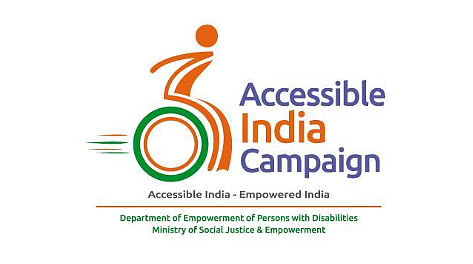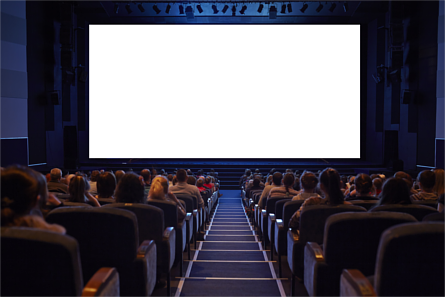International policy and legislation
Accessible India Campaign to greatly improve access to media
Call for papers at LEAD arts access conference
Japan trials live captioning system
no
Show on home page

The drive for this is the new accessibility laws scheduled for 2016 which mandates reasonable accommodation provisions to people with disabilities. In a university and conference setting this means that the amount of captioning will need to increase.
Taxonomy:
Top of page
Japan ramps up cinema access
New research looks at caption speed
no
Show on home page

New research into caption speed by the BBC aimed to try and answer the question or see if it is really that important?
Taxonomy:
Top of page







![Live stage performance with a text overlay reading '[#CAPaware] because 10 million people in the UK have hearing loss'. Image credit: Stagetext Live stage performance with a text overlay reading '[#CAPaware] because 10 million people in the UK have hearing loss'. Image credit: Stagetext](/sites/default/files/images/2015_news_images/September_2015/CAPaware.png)

